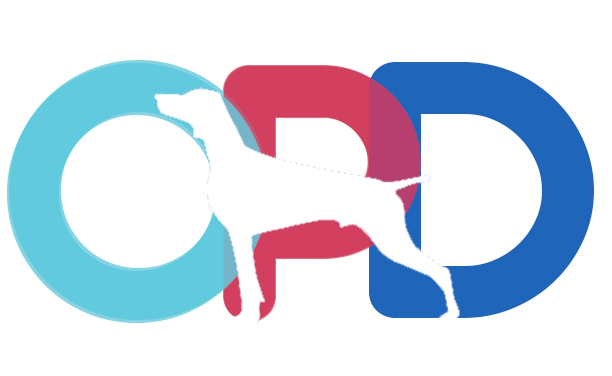by Sciascia
(Milan, Italy)
My Rat Terrier Beano is 13 yrs old and 13 lb and has traveled the world with us since he was a baby. He’s always enjoyed a healthy and fun life, from Paris to New York, Rio to Milan, this dog has been places!
Since 2009 Beano has had some minor health issues, like bladder stones, that we constantly kept under control with sonograms and urine tests both in New York and Milan, because we live between the two.
One day during one of the sonograms we were told there was sludge in his gall bladder, and he was put on a 25ml of Ursacol a day for the rest of his life (Ursacol is the Italian name for Ursodesossicolic Acid). Both Vets in Milan and New York agreed that the gallbladder had “mucocele” and the sludge was becoming solid.
We were told that this kind of condition was untreatable and we could only keep it under control with sonograms and bloodwork. Of course we were told that if the gallbladder ruptured the dog would die, as the contents of it are extremely toxic.
We never missed a sonogram and his blood work was always ok, until this summer he got really sick, vomiting, shivering, and showing great pain in his abdomen.
We rushed him to a clinic, and the vet there performed a sonogram were it showed a great amount of fluid in the abdomen. To my surprise though, I was told the gallbladder hadn’t ruptured, and it was a Colangio-hepatitis probably caused by clogged bile ducts or some kind of “offense” to the liver. Beano’s liver was very enlarged, amost half the dog, and he was clearly getting a lot of toxins through his body!
On that day his blood work showed elevated values of ALT (at 174) and Alkaline Phospatase 1485 (normal should be between 53-128!) Ac Bilirubin 54.5 and very high white blood cells.
During that acute phase the dog was given fluid intravenously twice a day for 5 days, antibiotics, diuretics, cortisone and vitamin B.
He was also given something called Lactulosio (which is a laxative that supposedly gets rid of toxins in the liver).
After 5 days the dog had improved:
he was eating, moving and wagging his tail, his blood work looked slightly better with all the levels reduced to almost normal (although still elevated they told us they were acceptable), and the fluid in his abdomen was almost all gone.
We were told to stop the diet we were giving him (specifically for bladder stones) and start a liver-friendly diet.
After this acute phase the dog has been doing very well and then not well at all, it’s so frustrating! At times he shakes uncontrollably (is it nausea or is it the effect of the cortisone?), at times he is lethargic and depressed, and at times he is anxious and famished.
We stopped all medication and went to see a specialist, who took another blood sample. This time (two weeks after the initial incident) his levels were great, aside from Phosphate alkaline which was still a little elevated (but it had gone from 1485 to 287 so the vet said it was totally acceptable).
The specialist confirmed the mucocele with another sonogram and x-rays and hepatopathy. He suggested a liver biopsy, but we don’t want to put our old dog though that.
Our main concern is to keep this dog healthy through proper diet and keep his liver free of toxins as much as possible!
Because we are always traveling, and often are in hotel rooms I can’t cook for him every day, but I’ve started giving him white rice and proteins in small doses every day. He is always famished, but sometimes he throws up, and most of all he shivers as if he was being electrocuted. I know there is “poison” going through him and i want to clear him of anything that can harm him.
I’ve ordered Five Leaf liver diet, but I need to be better educated on how to keep this dog from feeling nauseous. I know some of the drugs he was given are still being metabolized through his body. My vet in Milan told me cortisone can take up to 10 days to wear off, but I want to do the best “natural” thing to improve his life, as little or as long as he has left.
Thank you
Sciascia
Comments for Gallbladder sludge and liver disease in dog | ||
| ||
| ||
| ||
| ||
| ||
| ||
| ||
| ||
| ||
| ||
| ||
| ||
| ||
| ||
| ||
Do you believe in holistic pet care? If so, please tell your friends about us. Thank you for supporting our efforts!
Also see…
- Back to Dog Health Problems Symptoms / Dog Illness Signs Symptoms / Natural Dog Remedies
- Back to 10 Best Dog Food Options / Dog Food Ratings / Buy Dog Food Online
- Back to Conventional vs. Holistic Veterinarians
- Back to Organic Dog Supplies Online
- Back to Pet Friendly Airlines / Pet Friendly Travel
- Back to Organic Pet Digest Natural Dog Care Home Page

